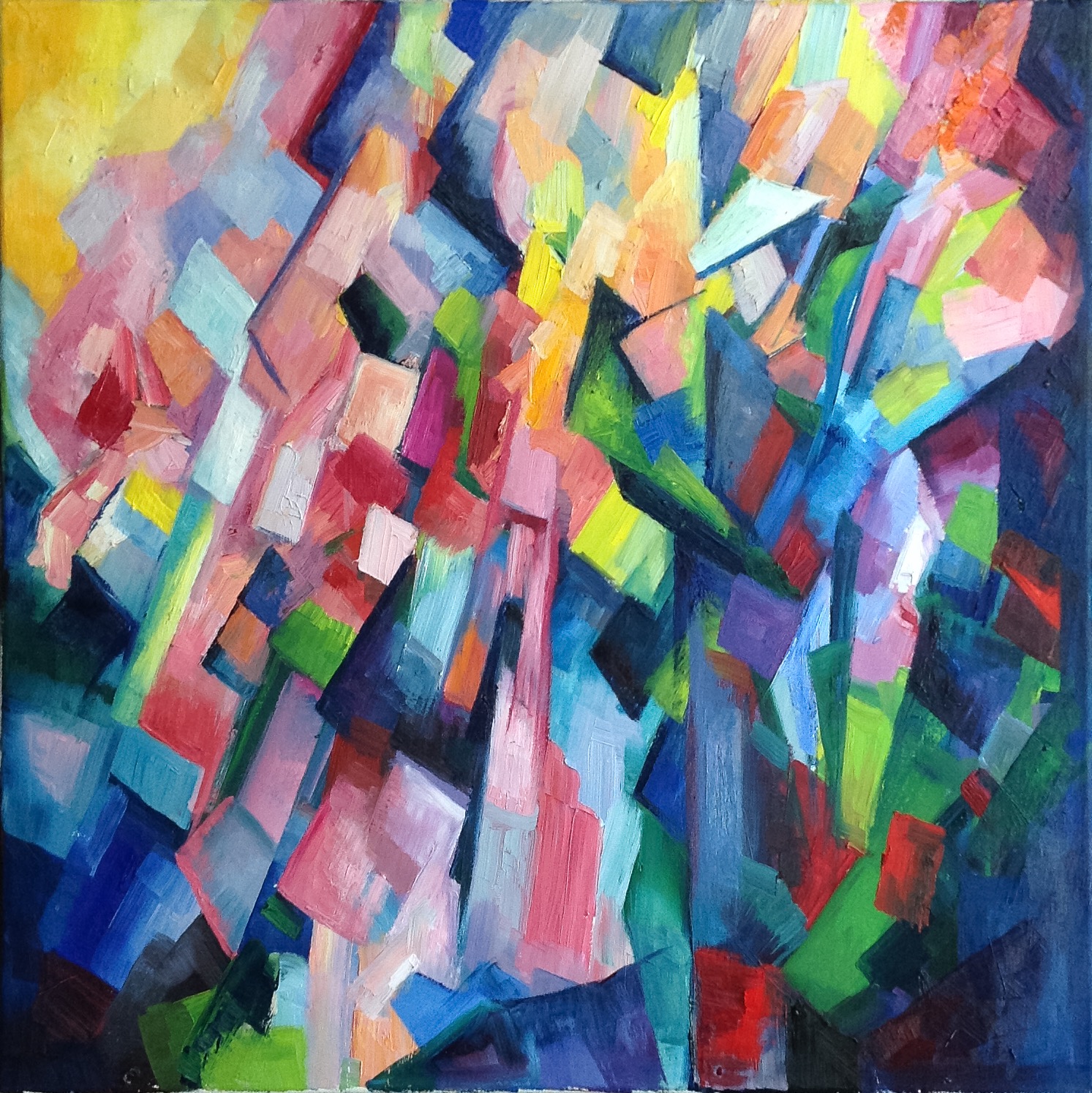
They that have power to hurt, and will do none,
That do not do the thing they most do show,
Who, moving others, are themselves as stone,
Unmoved, cold, and to temptation slow;They rightly do inherit heaven’s graces,
And husband nature’s riches from expense;
They are the lords and owners of their faces,
Others, but stewards of their excellence.The summer’s flower is to the summer sweet,
Though to itself, it only live and die,
But if that flower with base infection meet,
The basest weed outbraves his dignity:For sweetest things turn sourest by their deeds;
Lilies that fester, smell far worse than weeds.William Shakespeare. Sonnet 94
What struck me in this sonnet is this little insight, this line hidden within, almost as an aside — seemingly almost unconnected to the sonnet’s “message”: though to itself, it only live and die…
This tension, the contrast between what a thing is to itself, within itself, and what it is to others, to the world — to the summer. There is a first approach to this tension in the opening quatrain, in that do not do the thing they most do show. But here, while the sonnet stays in the realm of human affairs — the inner world remains impenetrable, unperceived. Unmoved, as stone — this is not a view from within, this is said by an outside observer.
It’s only when the sonnet goes into the realm of flowers — so beautiful, so fragile, so fleeting even on the human time scale — that this trembling, living line, to itself, it only live and die happens. And then, the sonnet closes with proverb-like, objective-sounding generalities.
Thus the structure of the sonnet really enacts its insight: it has a stone-like, unmoved, “objective” outer shell, in its opening and closing lines. But hidden within, there is this living, subjective thing-to-itself. A sudden penetration into the inner world of a flower, as though the poet momentarily becomes the flower’s subjective consciousness.
And so I got myself a bunch of lilies, and tried to feel them from the inside, as they are to themselves, in the painting process. As they are to themselves —without a care in the world about how they appear (or smell) to us. And I enclosed them into this inner frame of flatter, stone-like outer areas of the pictorial space.